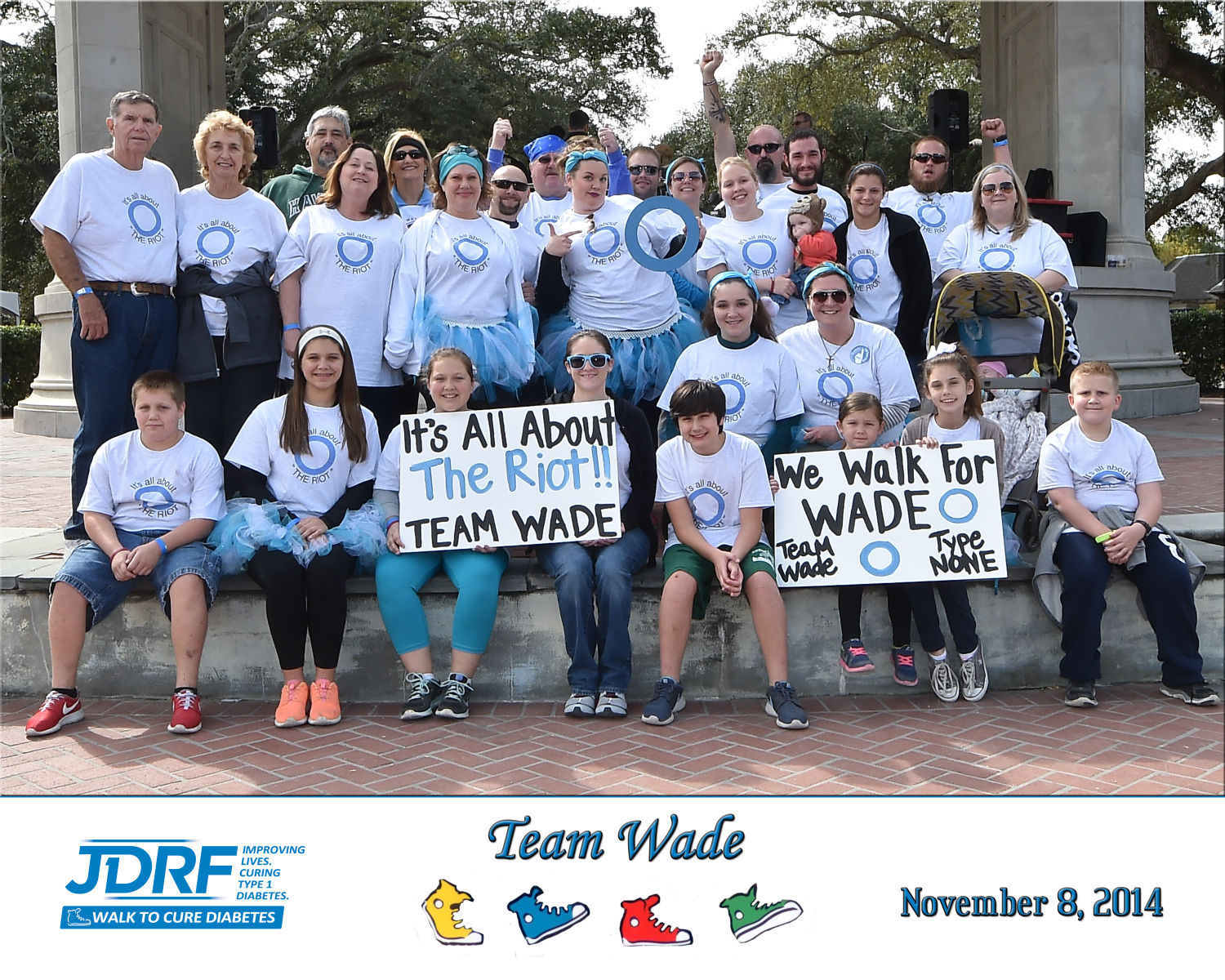
Raceland man’s time, skills, smiles turn negatives into positives
December 10, 2014
Laf. voters to decide on propositions
December 11, 2014The Louisiana Supreme Court has denied a request from the state Board of Ethics to review the Louisiana Court of Appeal 1st Circuit’s reversal in favor of Lafourche Parish President Charlotte Randolph On Aug. 21, the appeal court reversed a decision by the Louisiana Ethics Adjudicatory Board earlier this year claiming the parish president violated an ethics law following the Deepwater Horizon Oil Spill of 2010.
The Louisiana Board of Ethics approved the writ application to the Supreme Court Sept. 18 in an executive session and filed it Sept. 19. It was denied Nov. 21.
Randolph and her husband George Randolph collected $50,000 from June through October from BP for the rental of their Grand Isle camp. In May of that year, BP
provided Lafourche Parish Government $1 million to offset oil spill related costs to the public.
State ethics code prohibits public servants from receiving anything of economic value from a person if the person has or is seeking to obtain contractual or other business or financial relationships with the public servant’s agency.
The Louisiana Ethics Adjudicatory Board ruled Charlotte Randolph violated that code because Lafourche Parish received $1 million from BP, an entity the parish was in a financial relationship with. The Board ruled Charlotte Randolph must forfeit the $50,000 she received in rent in addition to levying her a $5,000 fine.
However, upon appeal, the Louisiana Court of Appeal 1st Circuit ruled that because it was explicitly stated in BP’s financial provision to Lafourche Parish that the $1 million payment was irrevocable and nonrefundable and the parish had full discretion as to how the money would be spent, the payment “comprised a one-time gratuitous donation that did not create a contractual, business or financial relationship between BP and the Parish,” the judges wrote in their ruling.
The ruling further stated, “even though the Parish had not yet disbursed all the funds, the donation itself was fully completed at the time the Randolphs leased their camp to BP in June 2010.”
The reversal vacated a requirement for Charlotte Randolph to pay $55,000 in penalties and required the Louisiana Board of Ethics to pay all appeal costs – totaling $411.95.
The ethics board still has the right to ask the state Supreme Court for a re-hearing, according to Louisiana Board of Ethics Administrator Kathleen Allen.




